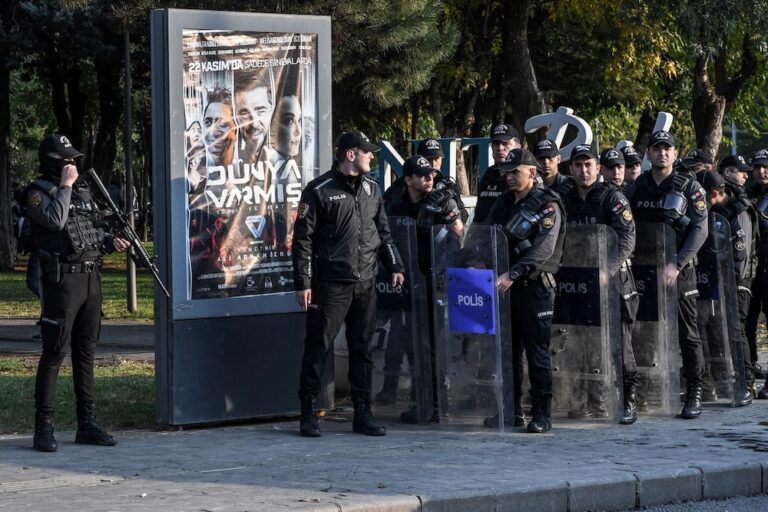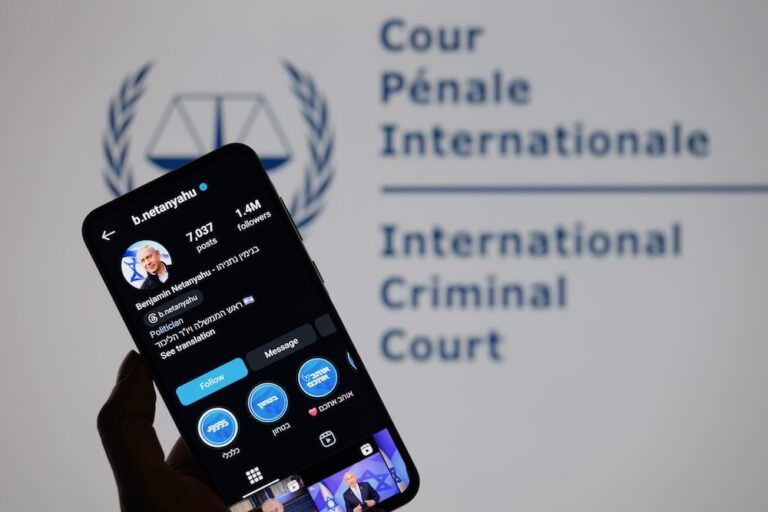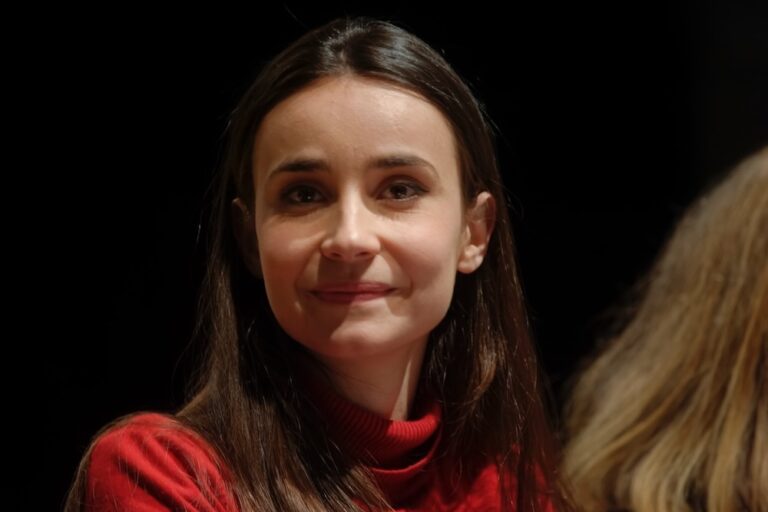In a report published on 22 January, the European Union's High-Level Group on Media Pluralism and Freedom presented ideas for the regulation of journalism in the EU. One proposal suggested that member states should have media councils or regulators that could remove “journalistic status”.
(Index on Censorship/IFEX) –
This article was first published in European Voice
Is “everyone who can hold a pen or type on a keyboard” a journalist? In our age of citizen journalism, the answer is surely “yes, if they choose to be”. But the European Union’s High-Level Group on Media Pluralism and Freedom answered differently: “The word ‘journalism’ would lose all meaning”, its members declared in a report published on 22 January.
Quite how to define journalism eluded the group, it admitted — not surprisingly since journalism has never been a profession like medicine or law. But this did not deter the group from making recommendations that might undermine, rather than promote, media freedom — including a proposal for EU member states to have media councils or regulators that could remove “journalistic status”.
But how could — or should — any regulator determine who can write for a newspaper, post a blog or make a radio programme or podcast? And how to stop someone exercising their right to ask questions, analyse politics, or write opinions? To attempt to do so would be futile as well as foolhardy. Are journalists to have less right to free expression than ordinary citizens?
The High-Level Group struggles to keep up with the digital age. Anachronistically, they declare “the media quite literally form the major locus of interaction between citizens and the political and economic driving forces active in any society”. “Normal citizens” are “readers, listeners, watchers” — which rather spectacularly misses the point of the interactivity, creativity, self-publishing, citizens-direct-to-power-holders activism of our tweeting, blogging, digital times.
This old-fashioned approach is also reflected in the group’s exclusive concern with “high-quality”, socially responsible journalism. Freedom of expression for raucous, irreverent tabloid-style journalism does not make a showing in the report’s pages.
Nor does the concept of the public interest feature. This is of deep concern. The group, for instance, recognises the importance of protecting journalistic sources unless a court decrees otherwise — but it does not see fit to mention how important public-interest defences may be (whether as a legal argument for protecting sources, or for defending intrusions into privacy, or even in some cases for breaking the law).
Some of the Group’s recommendations are welcome — including its emphasis on net neutrality and transparency of ownership. But even these recommendations rapidly tip into more dubious proposals — the Group wants media organisations to “follow clearly identifiable” editorial lines and make them transparent. But surely this is what is in daily or weekly editorials. Or should each newspaper solemnly declare which political party it supports and never be allowed to change its mind, and never write a fuzzy editorial?
More disturbing still is the demand for all member states to have “independent media councils with a politically and culturally balanced and socially diverse membership… monitored by the Commission”. This recommendation ditches the idea of self-regulation at a stroke for any member state, let alone the idea that different set-ups might be appropriate in different countries. And “political balance” could imply representation across political parties when the fundamental principle here should instead be to keep media free from political interference.
This desertion of basic principles is capped by the idea that the Commission would then monitor the national regulators. Surely, a fundamental role of the media in a democracy is to hold power to account, challenge, report, criticise and analyse. Yet the Group does not explain how the Commission’s political power would be held to account when it is the super-regulator entrusted with overseeing our press freedom. The idea is bafflingly bad.
Neither journalists nor media organisations are above the law in a democracy. But our media freedom is part of our freedom of expression. And attempts to define, limit and take away “journalistic status” or let political bodies oversee the media will undermine both our media freedom and our democracies. The High-Level Group should go back to the drawing board.
Kirsty Hughes is Chief Executive of Index on Censorship.


